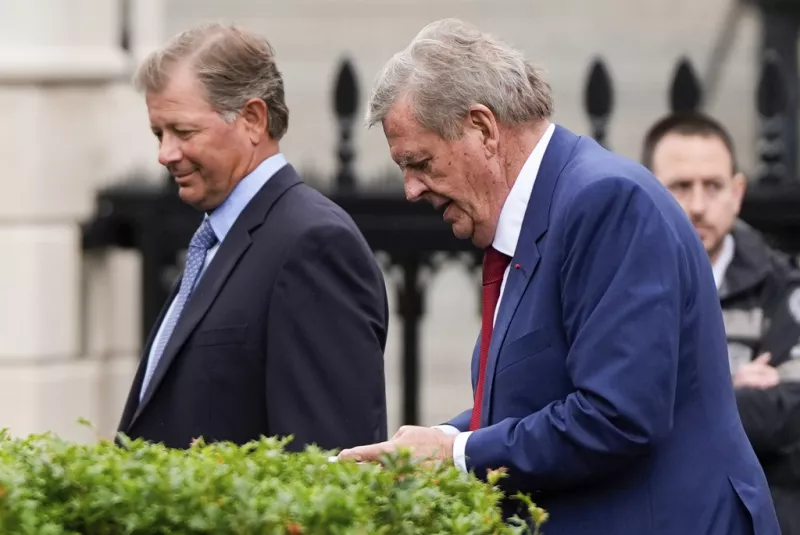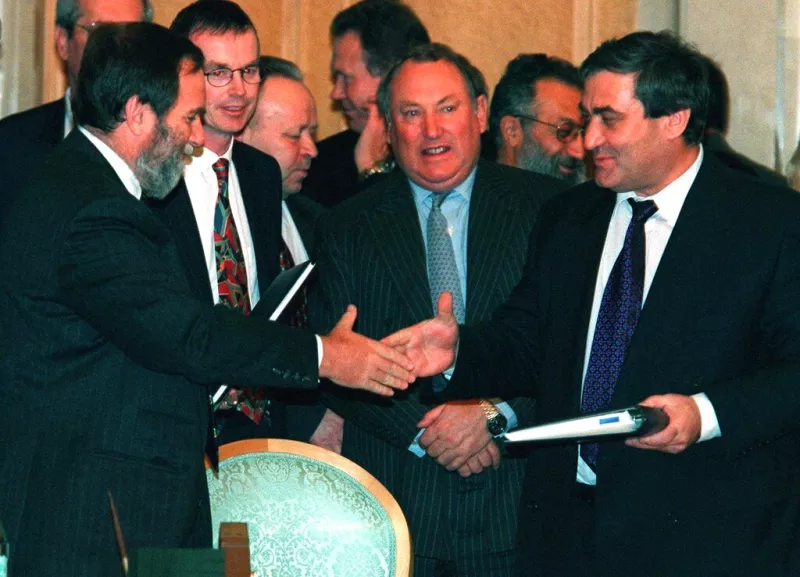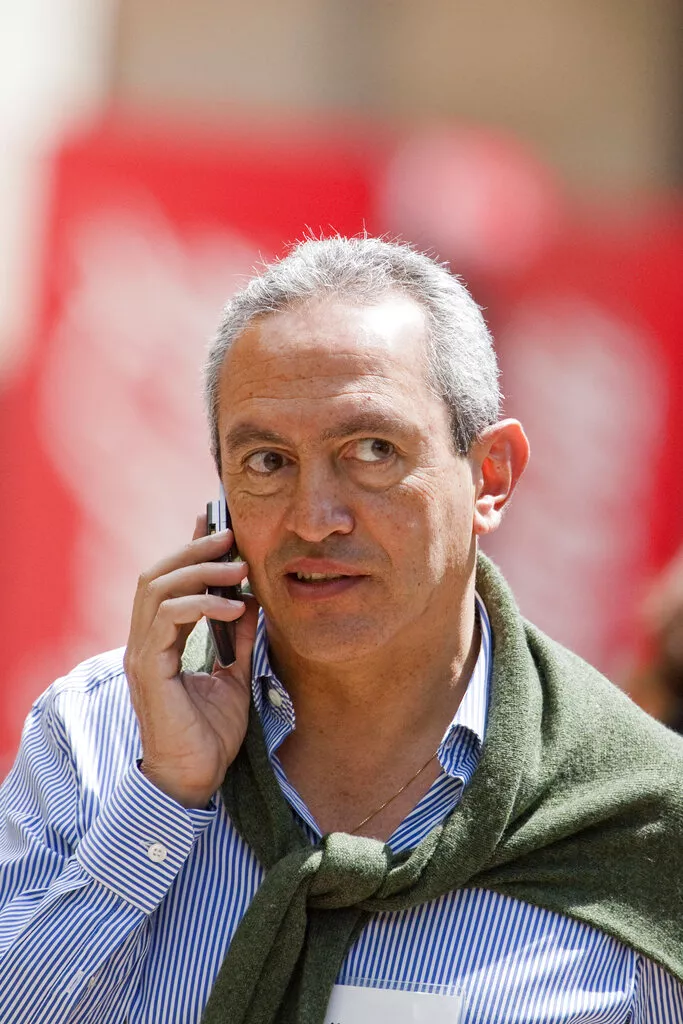In Africa, inequalities are deepened anywhere else, with four billionaires now richer than half the population of Epirus, the non -governmental organization stresses Oxfam In a report that releases today.
Above one third of the population of Epirus – or numerically 460 million people – is below the extreme poverty line, against World Bank calculations; the number of poor continues to grow.
“Today, the four richest billionaires in Africa have a fortune of $ 57.4 billion, that is, wealth greater than that of 750 million people, or half the population of Epirus”explains Oxfam.
According to the rankings made by the magazine Forbes Earlier this year, the four richest people in Epirus are the Alko Dangote (Nigeria: cement, sugar, cereals, refinery), the Johan Rupert (South Africa: luxury species), the Nicky Openheimer (South Africa: diamonds) and the Nassev Sauries (Egypt: Industry, Constructions).
The NGO points out that the depth of inequalities is largely due to the lack of political will African leaders, who perpetuate tax systems particularly favorable to the richest and slightly effective.
People who have big possessions, “They place their assets in corporate structures and transfer their funds abroad” they see them ‘To multiply’ without being taxed “As they would be the case.”explains Oxfam.
Adds that Africa is the only area of the world where countries have not increased tax rates Essentially since 1980.
According to the organization’s estimates, if the richest citizens of Africa were taxed by an additional 1% in the property and by 10% in their turnover the amount that would have been sufficient to finance access in quality training and electricity For everyone in Epirus.
The governments of the countries of Africa but generally are ‘Those that are less committed to reducing inequalities’Oxfam points out.
NGO surveys have shown that “More than three -fifths of billionaires in the world come from acquaintances, corruption, monopoly abuse and heritage abuse and heritage“, Something that is true “Especially in Africa”.
“Africa’s wealth are not ignored, looted by a set -up system, which allows a small elite to overwhelm huge possessions while depriving hundreds of millions of people the most fundamental services”stresses the Fatio N’Zo HassanDirector of Oxfam in Africa, tackling her ‘Failed policy’ applied.
“Extreme inequalities are threatening to undermine democracy, prevent poverty from decline and growth, make climate crisis, exacerbating gender inequalities and other injustices.” and ‘Lead to deprivation of fundamental rights and dignity of ordinary citizens’the NGO thinks.
The report is released on the day that the African Union’s six -month session begins, which is committed to reducing inequalities by 15% during the next decade.
Source :Skai
With a wealth of experience honed over 4+ years in journalism, I bring a seasoned voice to the world of news. Currently, I work as a freelance writer and editor, always seeking new opportunities to tell compelling stories in the field of world news.













